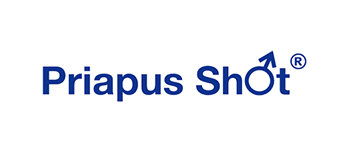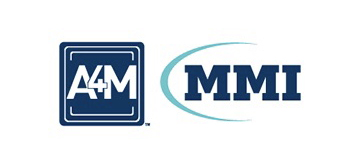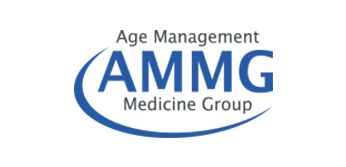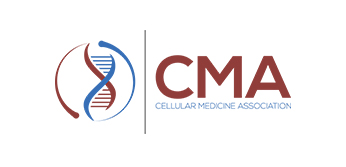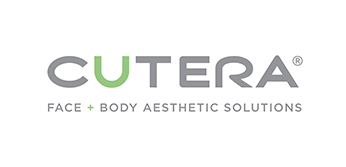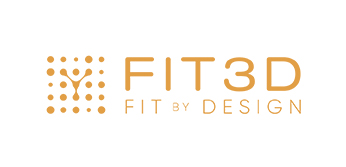Contact Us
Leave us a message, we will be glad to hear from you!
Start Living Better Today!
- (305) 842-2244
- info@medsmartcenters.com
- 20801 Biscayne Blvd, Suite 100, Aventura, FL 33180
Please contact us directly with any questions, comments, or specific inquiries. Request your free consultation by filling out the form below.
FAQs
Testosterone is a hormone made by the body that is responsible for the normal growth and development of the male sex organs and for maintenance of other sexual characteristics. In men, testosterone is produced in the testes, the reproductive glands that also produce sperm. The amount of testosterone produced by the testes is regulated by the hypothalamus and the pituitary gland. Testosterone can affect the following:
- Growth and maturation of prostate and other male sex organs
- Development of male hair distribution such as facial hair
- Changes in body muscle mass and strength and fat distribution
- Sex drive and sexual function
- Mood and energy level
- Bone strength
In healthy men, testosterone levels between 350 ng/dL and 1000 ng/dL are referred to as “normal.” Normal physiology allows the brain and the testes to work together to keep testosterone in this range. The brain produces “signal” hormones that are responsible for stimulating testosterone production. These signals are periodically released, which in turn stimulates testosterone production. When levels of testosterone are in an acceptable range, the production of the signal hormones are slowed, which in turn allows the testosterone levels to decrease.
Hypogonadism, in a male, refers to a decrease in either testosterone production, sperm production, or both. The medical professionals at Low T Center address the testosterone aspect of this condition. Decreased sperm production requires a careful, thorough evaluation by a fellowship-trained specialist.
Low testosterone treatment is the practice of diagnosing hypogonadism (low testosterone) through a combination of symptoms and testosterone blood values below the lower limit of normal and treating with testosterone injections, gels, patches, surgically implanted pellets, or oral applications. RegenoHealth uses injection therapy to treat low testosterone in hypogonadal men.
Benefits of testosterone replacement therapy vary based upon the pre-therapy symptoms and other factors, but they can include the following:
- Increased energy
- Decreased irritability and depression
- Improved muscle mass and strength
- Improved sexual desire
- Improved visuospatial cognitive function and verbal memory
- Higher motivation
- Decreased body fat (optimal results received through accompaniment of a diligent diet and exercise regimen)
- Possible improvement in erectile function
- Thicker skin
The proper method of testosterone delivery for you is a matter for your physician to determine; however, many find that some gels tend to be messy and less convenient than other treatment modalities. In addition, there can be a risk of unintentional transmittal to children or others with whom you may have physical contact.
Testosterone patches can create a significant rash at the site of application. They also don’t stick well, especially during the summer months.
Experience has shown that gels and patches may require dosage adjustments to obtain medically appropriate blood concentrations, and some patients may never absorb enough testosterone from gels or patches to improve symptoms. These modalities often have a higher conversion to less desirable hormones in the process of transfer through the skin.
The physicians at RegenoHealth regularly employ intramuscular testosterone injections because of their clinical effectiveness and convenience.
Our Medical Team
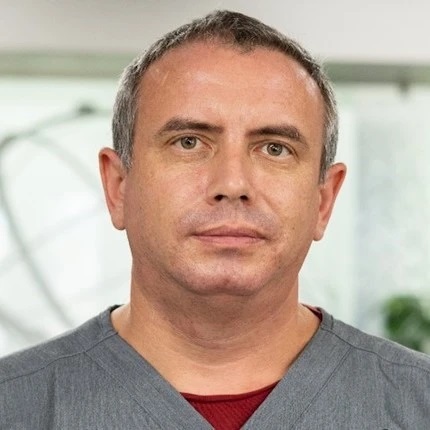
Nigel Cole, ARNP
ARNP
Nigel moved from Florida in July, 2020. He received baccalaureate degrees from New York Institute of Technology and received Masters of Science in Nursing from Simmons University in Boston, MA. “I was introduced to men’s health during clinical rotations in NP school. I think this area of medicine is highly unrepresented and underserved. I enjoy working with men and help them to change their lives for better.” In his free time, he enjoys downhill skiing, hiking, and biking with his wife, Victoria, and their 3 children.
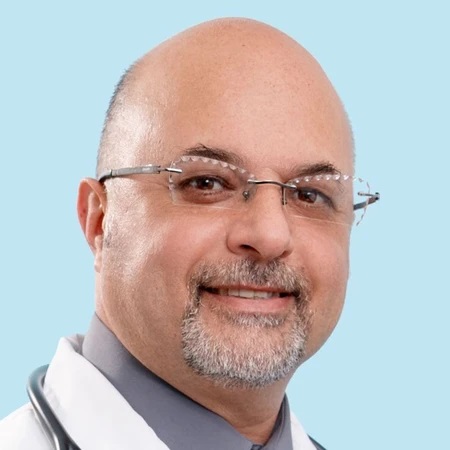
Dr. Michael Dunn
MEDICAL DIRECTOR
Dr. Dunn is a family medicine doctor in North Miami Beach, Florida, and is affiliated with multiple hospitals in the area, including Aventura Hospital and Medical Center and North Shore Medical Center. He received his medical degree from Santiago Univ of Technology School of Medicine and has been in practice for more than 20 years. Dr. Radwan accepts several types of health insurance, listed below. He is one of 36 doctors at Aventura Hospital and Medical Center and one of 15 at North Shore Medical Center who specialize in Family Medicine.


